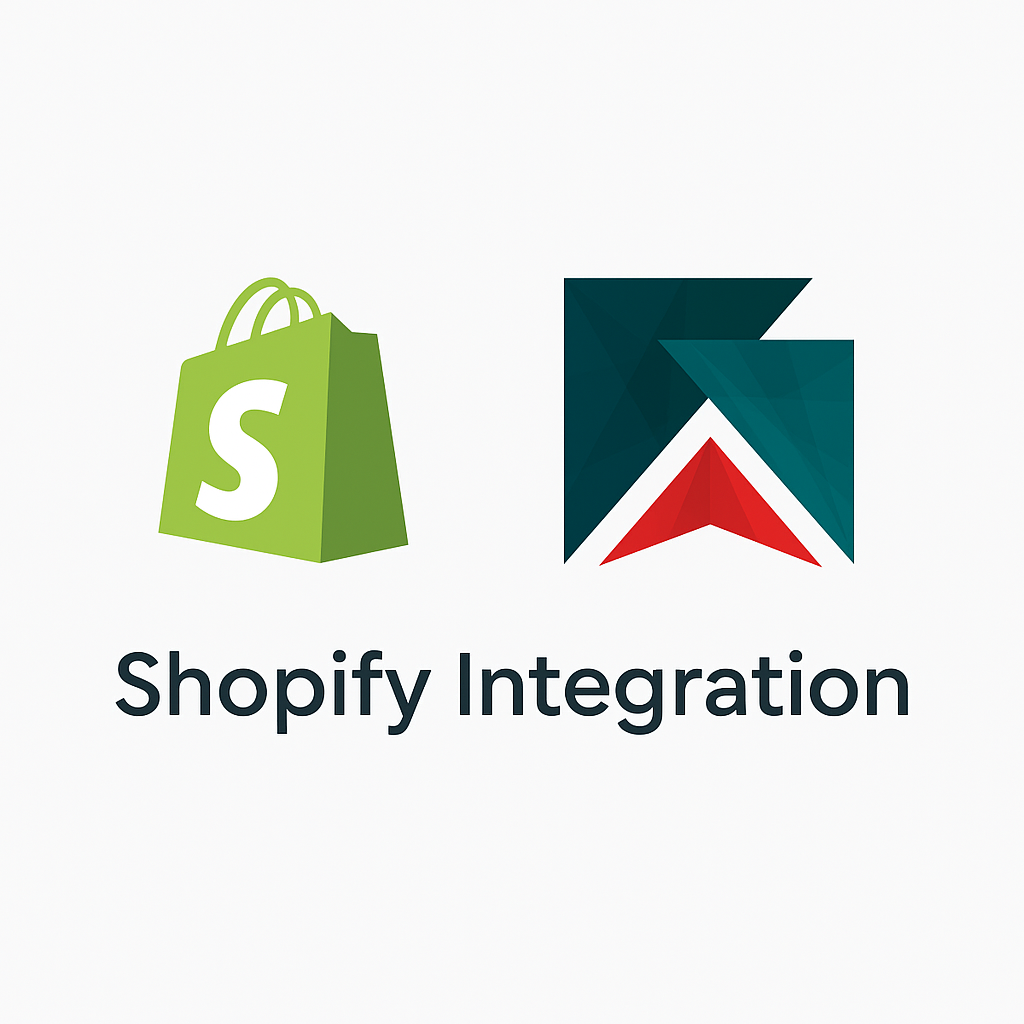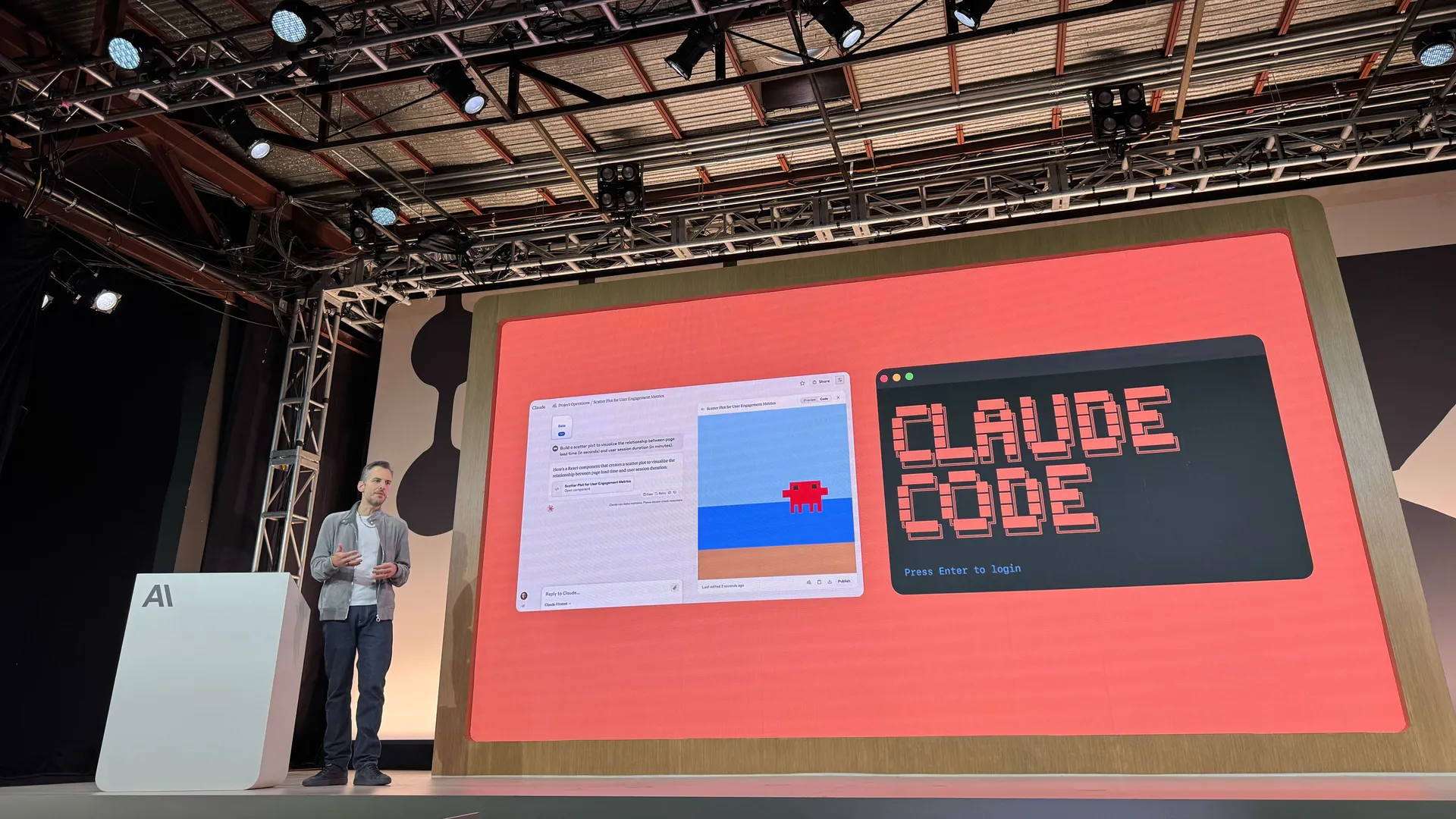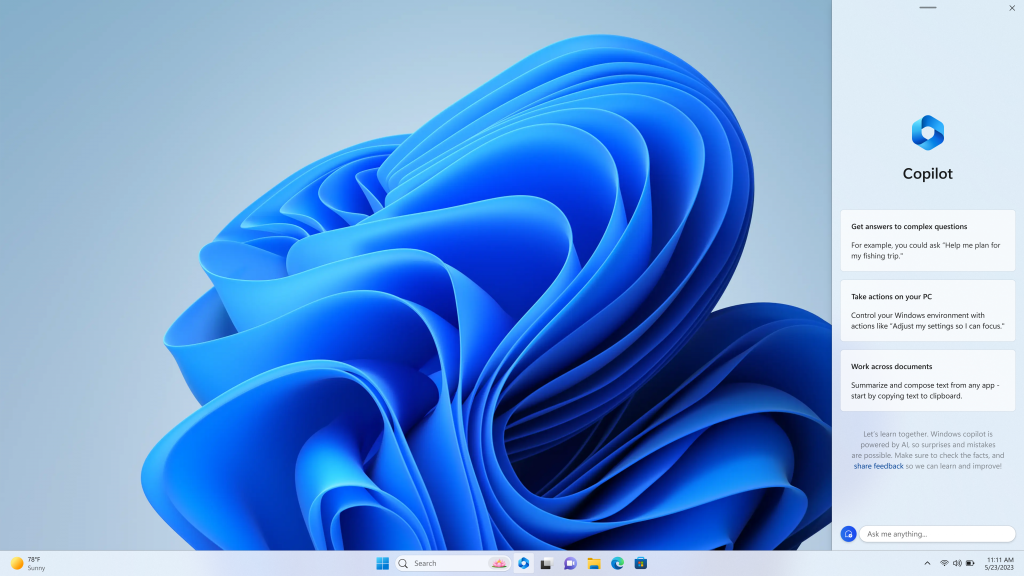Industry-specific ERP solutions are helping businesses in healthcare, manufacturing, and retail work more efficiently. These systems are designed to meet the unique needs of each sector. In healthcare, they manage patient records and billing. In manufacturing, they help with production and inventory. Retail ERPs connect online and in-store sales. These customized systems are becoming essential for businesses to stay competitive and improve operations.
1. Tailored ERP Systems for Niche Industries
Modern ERP solutions are increasingly customized to meet the unique demands of specific industries, driving efficiency and innovation.
**2. Healthcare ERP: Transforming Patient Care and Operations
- Simplifies the management of patient records, ensuring accurate and secure data handling.
- Streamlines billing and insurance processes, improving financial workflows.
- Enhances compliance with healthcare regulations through automated reporting tools.
**3. Manufacturing ERP: Pioneering Smart Factory Operations
- Leverages IoT technology for real-time monitoring of production lines.
- Optimizes inventory levels and supply chain logistics.
- Supports predictive maintenance to reduce downtime and improve equipment lifespan.
**4. Retail ERP: Elevating E-Commerce and Sales Management
- Seamlessly integrates with online platforms for unified inventory management.
- Enables personalized customer experiences through advanced analytics.
- Facilitates omni-channel retailing by synchronizing in-store and online operations.
5. Growing Demand for Industry-Specific ERP
Businesses are moving away from generic solutions, opting for ERP platforms that address industry-specific challenges.
- Example: Retailers are adopting ERP systems with AI-driven recommendation engines, while manufacturers prefer tools that integrate with robotics and IoT.
6. Future Outlook
The rise of industry-specific ERP systems highlights a shift toward more focused, efficient, and innovative business solutions. These platforms not only cater to the unique needs of their respective industries but also help businesses stay competitive in a fast-evolving digital landscape.








